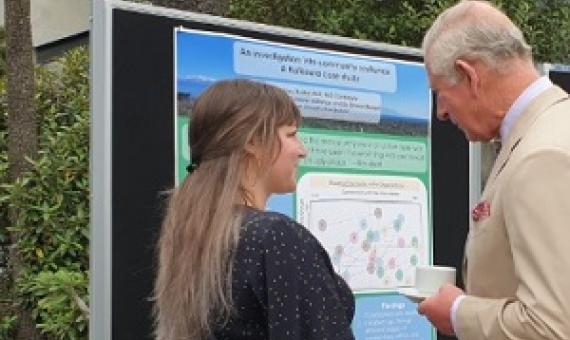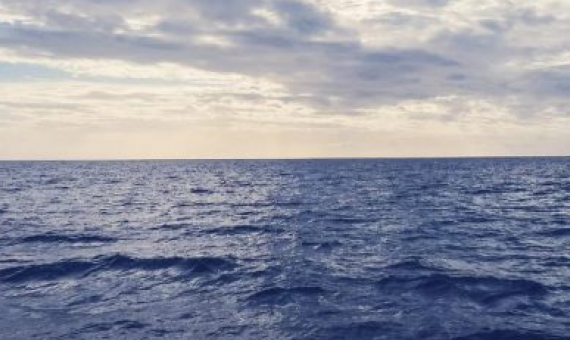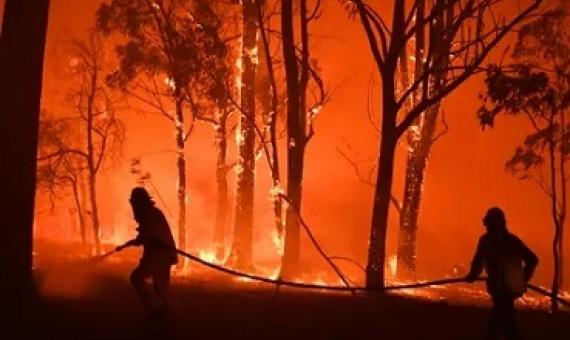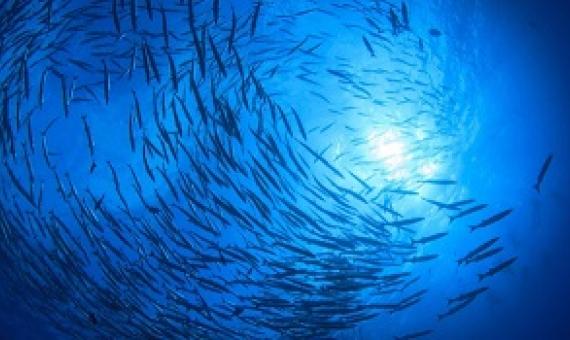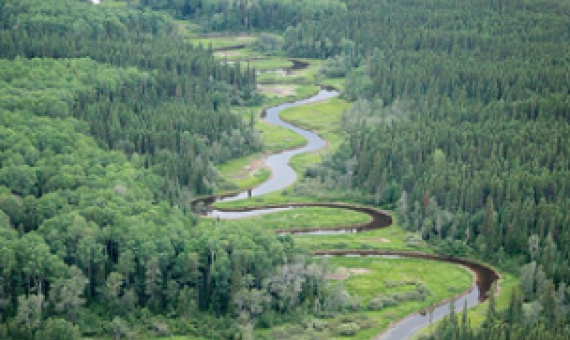Prince Charles is calling for people to become more sustainable in order to reverse the damage to the environment and mitigate climate change...Prince Charles spoke about how worrying and devastating humans' impact on the environment has become."We have reached a tipping point and we still have t
This year is increasingly likely to be the planet's second- or third-warmest calendar year on record since modern temperature data collection began in 1880, according to data released this week by the National Oceanic and Atmospheric Administration.
Coral Reefs and People in a High-CO2 World: Where Can Science Make a Difference to People?
Increasing levels of carbon dioxide in the atmosphere put shallow, warm-water coral reef ecosystems, and the people who depend upon them at risk from two key global environmental stresses: 1) elevated sea surface temperature (that can cause coral bleaching and related mortality), and 2) ocean acidification. These global stressors: cannot be avoided by local management, compound local stressors, and hasten the loss of ecosystem services.
Oxford Dictionaries has declared “climate emergency” the word of the year for 2019, following a hundred-fold increase in usage that it says demonstrated a “greater immediacy” in the way we talk about the climate. Defined as “a situation in which urgent action is required to reduce or halt cl
While the rest of the world is struggling to adapt to climate change, Samoan villages are already facing the challenge. The village of Aopo has moved their entire community further inland as a response to cyclones and extreme weather. In new research, on the impact of climate change on
Secretary-General of the Pacific Islands Forum, Dame Meg Taylor headlined this year’s Griffith University Asia Lecture 2019 at the Queensland College of Art with a focus on the geopolitical and geostrategic issues of economy, security and climate change challenging the Asia-Pacific. Dame Meg
The conference has run annually since it was initiated by former U.S. secretary of state John Kerry in 2014 to bring oceans more explicitly into international conversations about climate change mitigation, biodiversity conservation and sustainable livelihoods.
This job exists to provide project assistance and support in the management and implementation of the NZ Pacific Partnership on Ocean Acidification Project.
The world’s people face “untold suffering due to the climate crisis” unless there are major transformations to global society, according to a stark warning from more than 11,000 scientists. “We declare clearly and unequivocally that planet Earth is facing a climate emergency,” it states.
More than 600 indigenous communities live in Canada’s boreal forest, one of the last great swaths of intact wilderness on Earth.

